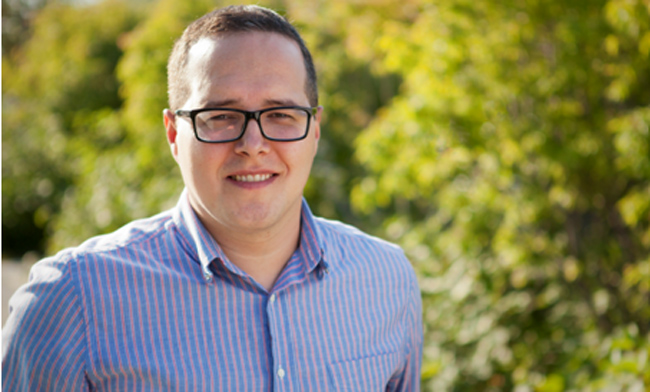Ask Dr. Mushquash: What can I expect if I decide to pursue treatment for mental health difficulties?

Welcome to “Ask Dr. Mushquash”.
What can I expect if I decide to pursue treatment for mental health difficulties?
Beginning mental health treatment can cause anxiety, especially if you do not know what to expect. Treatment can also be a powerful experience. Recognizing when you need help, and pursuing help can be an indication you are ready to make changes in your life or address things that have been causing you difficulty. The purpose of this article is to let you know some of the things to expect.
Your psychologist will discuss confidentiality. Confidentiality means that your psychologist will not reveal information about you to anyone else without your consent. But, there are some exceptions when your psychologist has to break confidentiality:
- If you are at immediate risk of hurting yourself or someone else, your psychologist has to make sure that you are safe, or the other person is safe;
- If there is a child in need of protection, your psychologist has to report to the appropriate authorities to make sure the child is safe;
- If a court orders that information in your psychologist’s file be released to the court, and;
- If you have been sexually abused by a regulated health professional, like a physician or nurse, your psychologist is required to report this to the appropriate authorities to make sure that other patients are safe.
You are free to ask your psychologist any other questions you may have about confidentiality (e.g., what happens if you leave a voice mail message – does their receptionist listen to it? What if my parent/partner/child/friend contacts the psychologist?)
Your psychologist should also talk about potential risks and benefits of treatment. There is a risk you could experience unpleasant or unwanted thoughts or feelings or unpleasant memories about things you have been through. Also, sometimes when people make changes in their lives, it can affect others around them. For example, if you were in a personal relationship that was not very helpful for your healing journey and throughout treatment you realized that you might be better off changing the relationship in some way, that other person may have difficulty accepting the changes you are making. These are examples of some of the risks that might come with treatment.
Importantly, treatment can be beneficial because it may help you get new understandings about things you have experienced, and may help you learn new ways of coping and solving problems.
There are also some things you could consider asking your psychologist when beginning treatment. Remember, this is your treatment and you have the right to have your questions answered in a way that makes sense to you. You have the right to address your own priorities even though your psychologist may help you develop these priorities. Also, you have the right to ask your psychologist if their approach is the best one (supported by research) for the problem you are experiencing. In fact, if the psychologist is not skilled in the treatment you might need, it is their ethical duty to either develop the skills (under supervision of another expert), or find someone else with the skills to provide what you need.
It is important to note that Ask Dr. Mushquash is an educational tool and is not meant as treatment or a substitute for professional advice. Dr. Mushquash cannot provide psychological services through the column or arrange referrals or emergency care through this site. If you are in need of immediate help, please contact your local health centre, hospital, mental health worker, or crisis response. Medical questions or concerns should be directed to your nurse or family physician. We also have an ethical and legal obligation to report any suspicion of physical, sexual, or emotional abuse to the appropriate authorities.
For more information on Dr. Mushquash’s research, please visit his website: http://mushquash.lakeheadu.ca or follow him on Twitter: @DrMushquash

